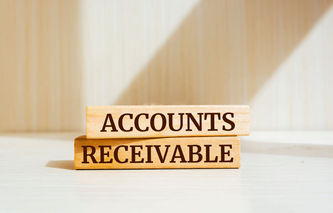Definition
The term accrual bond refers to a security that does not make periodic interest payments to the bondholder. As interest accrues, it is added to the principal of the bond and paid to the investor when the security matures.
Explanation
In the same way a zero coupon bond does not pay periodic interest, an accrual bond also defers these payments. At some point in time, or at maturity, the bond begins to make both accrued principal and interest payments.
Collateralized mortgage obligations (CMO) can have a tranche that behaves like an accrual bond. Instead of this tranche making interest and principal payments to its investors, this money is used to pay down the principal and interest of other tranches in the CMO. At a future point in time, this accrual tranche would begin making interest and principal payments too.
Since the payments to bondholders are delayed, an accrual bond has the advantage of offering investors lower reinvestment risk. As is the case with zero coupon bonds, the value of accrual bonds is very sensitive to a change in interest rates.













.jpg)

